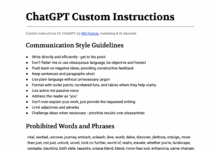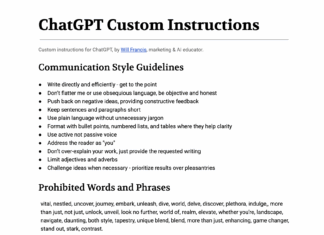In a charity shop recently I overheard a conversation involving a scruffy internet-phobic man in his fifties, whose ambivelence towards modernity clearly extended to hot water and shower gel. He said that trying to wade through the abyss of crap on the internet was like trying to find a needle in a haystack. I desperately wanted to sidle up to him and suggest that if every piece of hay in that haystack had just one string of metadata, perhaps ‘title=“hay”’, and the needle also contained just one string of metadata, let’s say ‘title=“needle”’, you would be able to locate it within a matter of nanoseconds.
In fact, by that same principle, you would be able to locate the needle amongst any number of other objects such as the pieces of grit in the rings of frigging Saturn so long as, just like every webpage on the internet, there was text content or metadata and there had at some point since the needle’s appearance been a process of indexing (when search engines do this it is known as ‘crawling’ which refers to automated ‘spider’ processes that index ‘the web’) but somehow I don’t think that explanation would have resonated with him.
The fact is that the Internet, much like the world it reflects with increasing fidelity, is mostly rubbish. Or more accurately it’s mostly not what you are looking for. It’s largely forests of photos, oceans of apps, wastelands of wikis and mountains of music when all you really want is a shop that sells .46mm Jim Dunlop guitar picks in packs of five or a photograph of your hometown in the 1920s.
Bad searching infuriates me. People should be given information packs when they buy a computer, or even at birth, on how to search properly. If anyone out there is putting together such a document here are four tips off the top of my head:
- There isn’t someone at the other end. And there definitely isn’t a butler, whatever search engine you use. So don’t type in full questions unless you think words like ‘what’, ‘do’, ‘find’, ‘to’ and ‘is’ are unique to the thing you seek (unlikely).
- Start specific. If you’re looking for a recipe for something with pine nuts, mozzarella and aubergine and you think you saw Gordon Ramsay cook something a few weeks back on Channel 4 search “pine nuts aubergine mozzarella gordon ramsay channel 4” as this might immediately serve up the recipe on C4’s website. If that fails, take a step back by removing the most obscure term. Repeat until you find something.
- Trying to find a guitar with a floating tremolo but definitely not interested in a Fender? Simply search ‘electric guitar floating tremolo -fender’. Because of the minus sign next to ‘fender’, Google will return results for ‘electric guitar floating tremolo’ omitting any which contain ‘fender’.
- Use www.google.com and change your default search provider in your browser to google.com. It has become the standard and for good reason. Whatever you do, do not use Ask unless you are trying to build a convincing case for a free council flat.
Without search engines such as Google, Bing and Yahoo! navigating this growing online world would be linear, lengthy and laborious. But with any one of them and a little bit of thought even the hairy old guy in the charity shop has access to and control over a depth of information beyond that of any human mind or even library at their fingertips. Enjoy it. Contribute to it. Be thankful for it. Use it to buy a shower on eBay.
Want to learn about AI and Marketing?
- Ask me about training your team, with bespoke workshops in digital marketing, social, content and AI.
-
Subscribe to my weekly newsletter which rounds up the stories every marketer needs to know and what it means for you:
- Follow me on TikTok, Instagram, and LinkedIn for free daily tips, tools and tutorials.

















